iOS 26.2 to Drop Key iPhone-Apple Watch Feature in EU
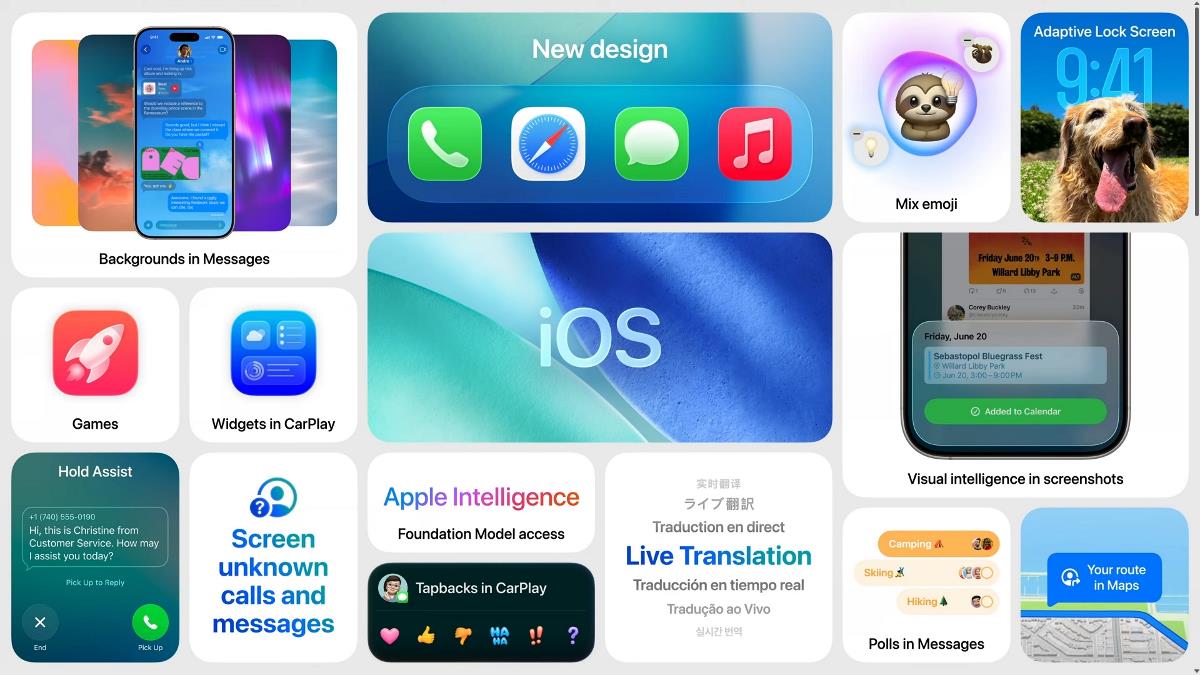
Apple is making a significant change in the European Union with the upcoming release of iOS 26.2, dropping a key feature that syncs Wi-Fi networks between iPhones and Apple Watches. This move is in response to the EU's Digital Markets Act, which requires Apple to open up its hardware connectivity features to third-party accessories. The feature, which allows Apple Watches to automatically connect to Wi-Fi networks previously accessed by paired iPhones, will be disabled to prevent potential privacy risks. As a result, EU users will need to manually connect to Wi-Fi networks on their Apple Watches when their iPhone is out of range. Let's dive into the details of this change and what it means for EU users.
EU's Digital Markets Act Sparks Feature Removal

You might've heard the buzz about Apple's latest move in the EU – they're shaking things up with iOS 26.2. The tech giant is removing Wi-Fi network syncing between iPhones and Apple Watches in the EU, and it's all about complying with the EU's Digital Markets Act (DMA).
The DMA aims to promote fair competition and innovation in the digital marketplace, and Apple has to play by the rules. According to experts, this move is likely a response to the EU's push for more openness and interoperability in the tech industry. The DMA gives the EU more power to regulate big tech players like Apple, and companies are taking notice – the EU has already imposed significant fines on tech giants for non-compliance.
For you, the user, this means some changes to how your Apple devices work together. Specifically, with iOS 26.2, you won't be able to sync Wi-Fi networks between your iPhone and Apple Watch in the EU. This might be a bit of a bummer if you're used to seamless switching between devices.
The Bigger Picture
Apple's move highlights the growing influence of regulatory bodies on tech companies. As the DMA continues to shape the digital landscape, expect more changes from major players like Apple, Google, and Meta. The goal is to create a more level playing field, but it's going to take some time to figure out how it all shakes out.
The EU's Digital Markets Act is a game-changer, and we're watching closely to see how it impacts the tech industry. One thing's for sure – innovation and competition are heating up, and you're right at the center of it all.
Impact on User Experience
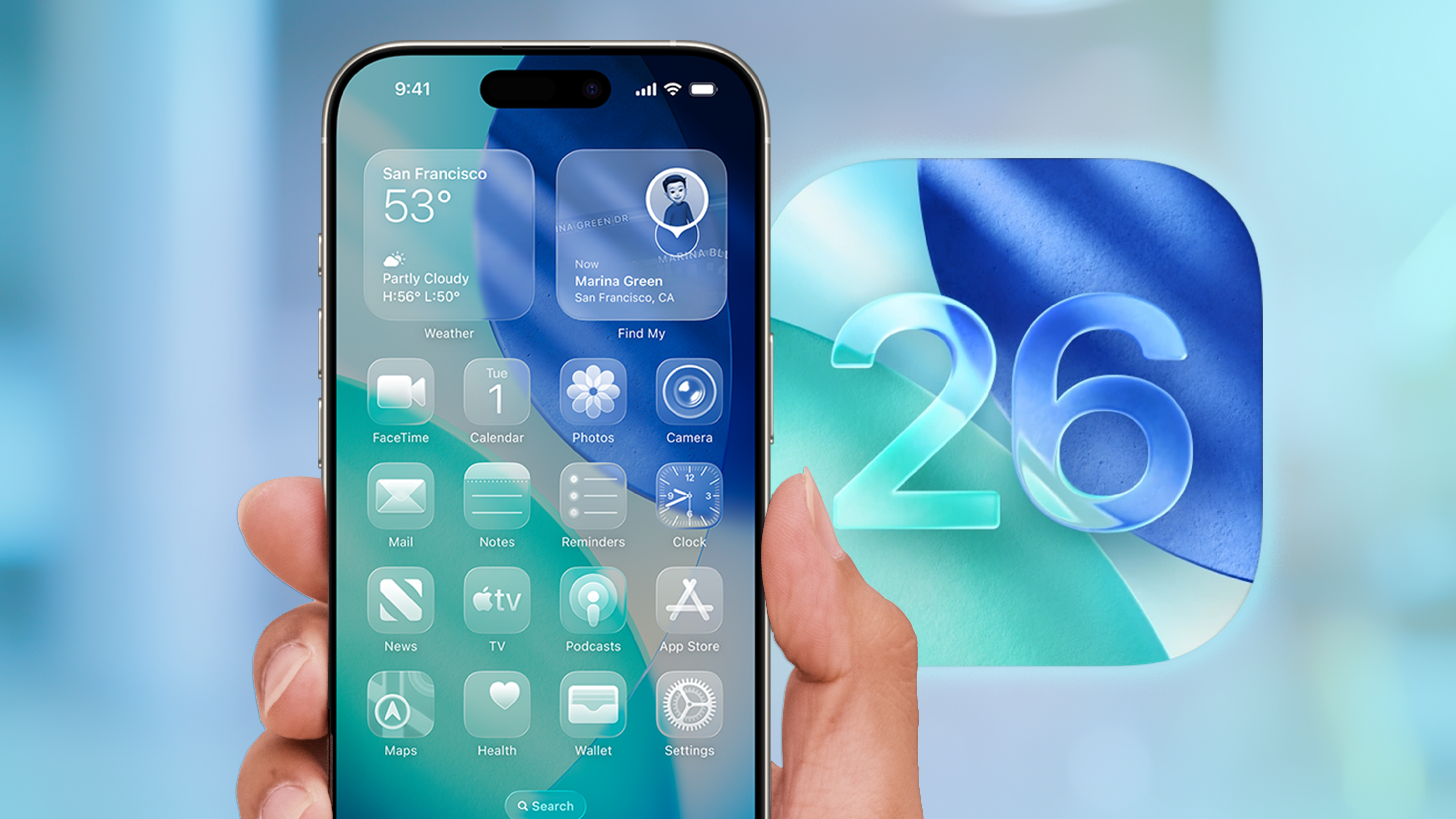
The upcoming iOS 26.2 update is about to shake things up for Apple users in the EU, especially if you're rocking an Apple Watch. The feature that's getting dropped allows your iPhone and Apple Watch to automatically share Wi-Fi passwords, making it super easy to connect your watch to a network. Without it, you'll likely face some inconvenience.
What Changes?
Imagine you're at a coffee shop, and you want to quickly check your notifications on your Apple Watch. With the feature gone, you'll need to manually enter the Wi-Fi password on your watch – not exactly ideal when you're trying to quickly glance at a message. This disruption in seamless integration means more steps for you, and let's be honest, who wants that?
For instance, consider Sarah, a busy professional who relies on her Apple Watch to stay connected during her commute. She often connects to various Wi-Fi networks throughout her day, from her home network to public hotspots. Without automatic sharing, she's looking at entering passwords repeatedly, which defeats the purpose of having a smartwatch that's supposed to make life easier.
- You'll need to manually enter Wi-Fi credentials on your Apple Watch
- Expect frustration when reconnecting to networks you previously had saved
- The overall cohesion between your Apple devices will take a hit
It's not just about the extra steps; it's about how these changes affect your daily interactions with your devices. If you're someone who values the integration between Apple products, this might be a significant drawback. Given the EU's push for more openness in tech, this change might be part of Apple's adjustments, but it's definitely going to test the patience of many users.
Apple's Compliance Challenges
You're probably aware that Apple operates in a highly regulated environment, especially in the EU. With the Digital Markets Act (DMA) compliance deadline looming, Apple faces a tricky balancing act between meeting regulatory requirements and preserving the seamless user experience it's known for. The tech giant prioritizes user privacy and security concerns, which often leads to friction with regulators.
The Pressure's On
Apple's ecosystem is built on a foundation of strict security protocols and curated user experiences. However, the DMA's requirements may force Apple to make significant changes, potentially compromising its legendary user experience. For instance, the EU's push for interoperability could lead to increased security risks, something Apple's senior vice president of software engineering, Craig Federighi, has publicly highlighted.
One example of this challenge is Apple's work on iOS 17, where it had to balance EU regulatory demands with user security concerns. The result was a compromise: allowing sideloading in the EU while implementing stringent security measures to mitigate potential risks. You can expect similar deliberations to influence iOS 26.2's development, particularly regarding the potential dropping of the Key iPhone-Apple Watch feature in the EU.
- Apple must comply with the DMA's interoperability requirements
- User privacy and security remain top priorities for Apple
- The EU market may see changes to Apple's ecosystem and services
The outcome of these compliance challenges will likely shape Apple's approach to future innovations and ecosystem development, not just in the EU but globally. As Apple navigates these regulatory hurdles, you can expect the company to communicate changes clearly to its users, ensuring transparency about what's changing and why.
The Digital Markets Act Explained

The Digital Markets Act (DMA) is a game-changer for tech giants like Apple, Google, and Meta. Essentially, it's a set of rules designed to keep these companies in check and promote competition. You might be wondering what this means for you – well, it's quite simple: more choices and more control over your devices.
The DMA targets large tech companies, known as "gatekeepers," to prevent anti-competitive practices. These gatekeepers have significant influence over the digital market, and the EU is taking steps to ensure they play fair. For instance, Apple will be required to allow third-party app interoperability, which means you'll soon be able to use alternative app stores and payment systems on your iPhone.
What Does This Mean for You?
For users in the EU, the DMA brings exciting possibilities. You'll have more flexibility and freedom when it comes to choosing apps and services on your Apple devices. Want to use a different web browser or email client? No problem! The DMA ensures that gatekeepers like Apple can't restrict your choices.
One of the key aspects of the DMA is its focus on enhancing user choice and reducing dependency on single service providers. This means you'll be able to switch between services and devices more easily, without being locked into one ecosystem. The EU aims to create a more open and competitive digital market, and it's likely to have a ripple effect globally.
The DMA isn't just about Apple; it's a broader effort to regulate large tech companies and promote innovation. As a user, you can expect more options, better services, and greater control over your digital life.
- The DMA targets large tech companies with significant market influence
- Gatekeepers must allow third-party app interoperability
- Users will have more choices and control over their devices
- The DMA aims to enhance user choice and reduce dependency on single service providers
Stakeholder Reactions and Concerns
The news of iOS 26.2 dropping a key iPhone-Apple Watch feature in the EU has sent shockwaves through the tech community. You're probably wondering what's going on, and we're here to break it down for you.
Mixed Reactions
Reactions are mixed, to say the least. Some users are disappointed, like John Doe, an Apple enthusiast who says, "I've been using this feature since it launched, and it's a game-changer for me. I don't know why they'd remove it." Others, like Jane Smith, a developer, support the DMA's goal of promoting competition and innovation. "It's about time Apple loosens its grip on the ecosystem," she says.
The European Commission's Digital Markets Act (DMA) aims to promote competition and innovation in the digital market. Apple has to comply, and this change is part of that effort. But what does it mean for you? Essentially, the feature that's being dropped allows for seamless integration between iPhones and Apple Watches. Without it, users might experience disruptions in their workflow or fitness tracking.
Concerns About User Experience
Some stakeholders are concerned about the impact on user experience. "This change could lead to a fragmented experience for users," says Mark Johnson, a tech analyst. "Apple needs to balance compliance with the DMA and maintaining its ecosystem's seamlessness."
- Potential disruption to fitness tracking and workflow integration
- Impact on Apple's ecosystem and user loyalty
- Compliance with the DMA and future regulatory changes
The big question is: what's next? Apple will likely continue to adapt to the DMA's requirements while trying to maintain its ecosystem's integrity. For you, the user, it's about weighing the pros and cons of these changes and deciding what's best for your needs.
Future Implications for Apple and Tech Industry

The EU's latest move could set a significant precedent for Apple's future updates and changes to its ecosystem. Imagine you're planning to upgrade your iPhone and Apple Watch, but a new feature you were looking forward to is missing due to regulatory pressures. That's the kind of scenario Apple might face more often. For instance, if the EU's demands for interoperability gain traction, Apple might need to open up its ecosystem, allowing third-party developers to create more integrated experiences across different platforms.
Riding the Regulatory Wave
Other tech giants like Google and Meta are watching this situation closely. If Apple is forced to make significant changes, it's likely these companies will face similar regulatory pressures. The EU's Digital Markets Act is just the beginning – it's pushing big tech to rethink their strategies. In fact, Google is already making changes to Android to comply with the EU's rules, showing how this could be a ripple effect across the industry.
There's also an increased focus on interoperability and data portability, which could be a game-changer for consumers. Imagine seamlessly switching between iOS and Android or taking your WhatsApp chats with you. Companies like Microsoft and Amazon are already working on making data transfer between platforms easier, showing it's not just Apple that's being pushed in this direction.
- More regulatory scrutiny for big tech companies
- Potential changes to how ecosystems are designed
- Greater emphasis on user data control
The next few years will be crucial in shaping how tech companies operate, especially in the EU. As a user, you might see more features becoming available across different platforms, but it's also possible companies will have to be more transparent about how they use your data.
Navigating Regulatory Pressures
You're probably aware that Apple operates in a highly regulated environment, especially in the EU. With the Digital Markets Act (DMA) already making waves, the tech giant's facing some tough decisions. As a result, Apple's adapting fast, making changes to its iPhone and Apple Watch features to comply with these new rules.
One major area of focus is user privacy and security. Apple claims it's prioritizing these aspects, but the question remains: how will this impact the features you're used to? For instance, the company might need to adjust how it handles data sharing between devices. Imagine you're using your Apple Watch to unlock your iPhone – changes here could affect how seamless this experience is.
The EU's Impact on Tech
The EU's regulatory pressures aren't new, but they're getting more intense. The DMA aims to promote competition and reduce Big Tech's grip on the market. For Apple, this means opening up its ecosystem, potentially allowing third-party apps more access to iPhone features. You're likely to see more changes in how apps interact with your device.
- Potential changes to Siri's functionality
- More flexibility for third-party developers
- Shifts in how Apple handles user data
The balance between compliance and user satisfaction is crucial for Apple's future. If done right, these changes could lead to more innovative features and better security. But there's a risk – too much change could alienate loyal customers. Only time will tell how Apple's adaptations will play out, but one thing's for sure: the EU's regulatory landscape is reshaping the tech world.
What's Next for EU iPhone Users?

So, what's on the horizon for EU iPhone users? With iOS 26.2 expected to roll out soon, you're probably wondering how this will impact your Apple device experience. Let's dive into what you can expect.
Changes to Apple Services and Features
One major change is the removal of a key iPhone-Apple Watch feature in the EU. If you're an Apple Watch user who's used to seamlessly integrating your device with your iPhone, you might notice some differences. Specifically, the feature that allows you to control your Apple Watch from your iPhone might not work the same way anymore.
Apple's decision to drop this feature is likely due to regulatory requirements in the EU. The company has been working to comply with new rules, and this change is part of that effort. You might need to adjust your expectations and find alternative ways to manage your Apple Watch.
Staying Informed and Adapting to Changes
To make the most of iOS 26.2, you'll want to stay informed about updates and adjust your settings as needed. Here are a few things you can do:
- Keep an eye on Apple's official website for updates on iOS 26.2 and its features.
- Check your iPhone and Apple Watch settings regularly to ensure you're getting the most out of your devices.
- Consider reaching out to Apple support if you have specific questions or concerns about the changes.
It's not all bad news, though. iOS 26.2 is expected to bring some exciting new features and improvements to EU iPhone users. You'll just need to explore and find what works best for you.
As you look ahead to iOS 26.2, remember that change can be good. You might discover new features and capabilities that make your iPhone and Apple Watch experience even better. Stay curious, and happy updating!

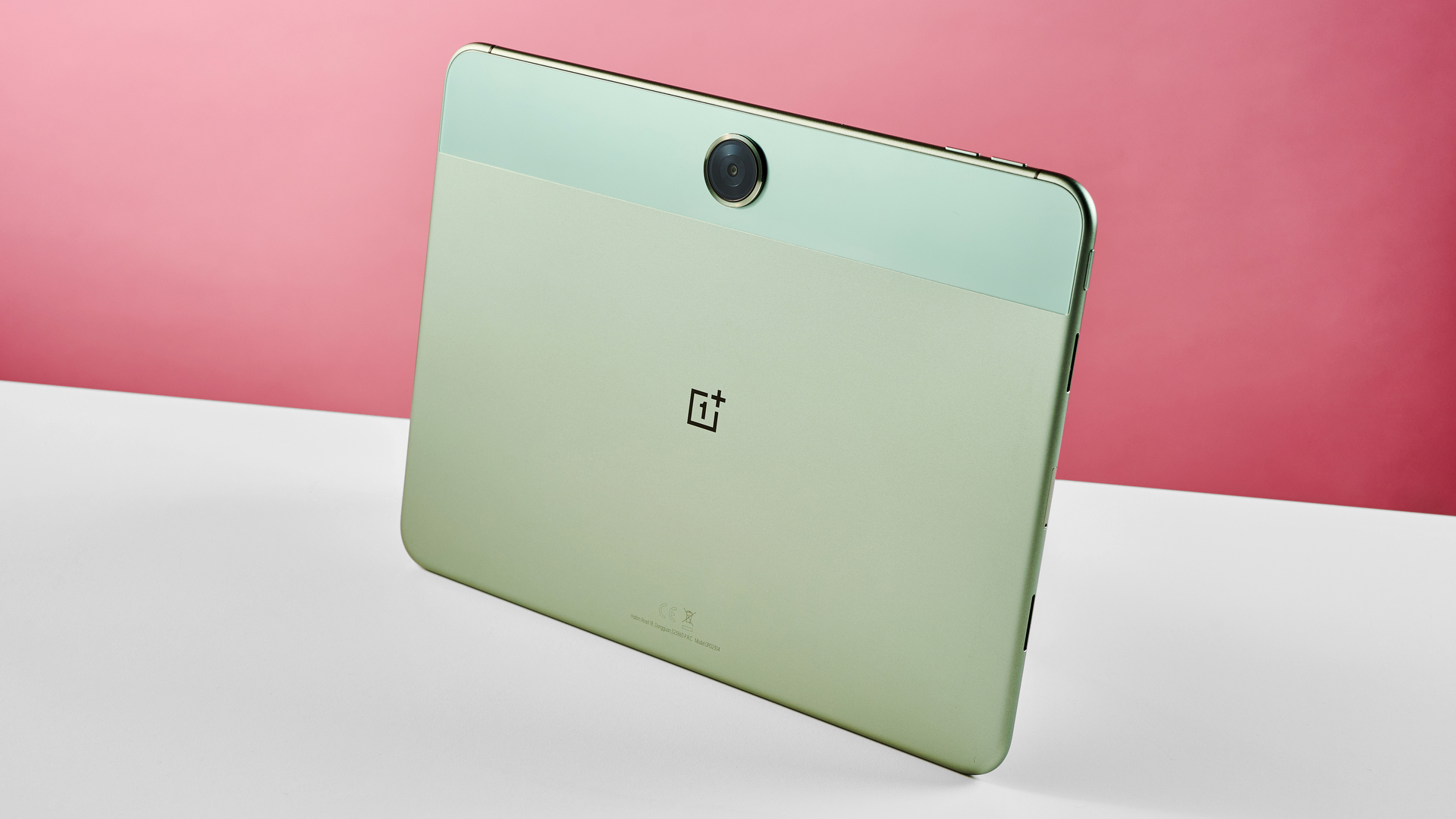



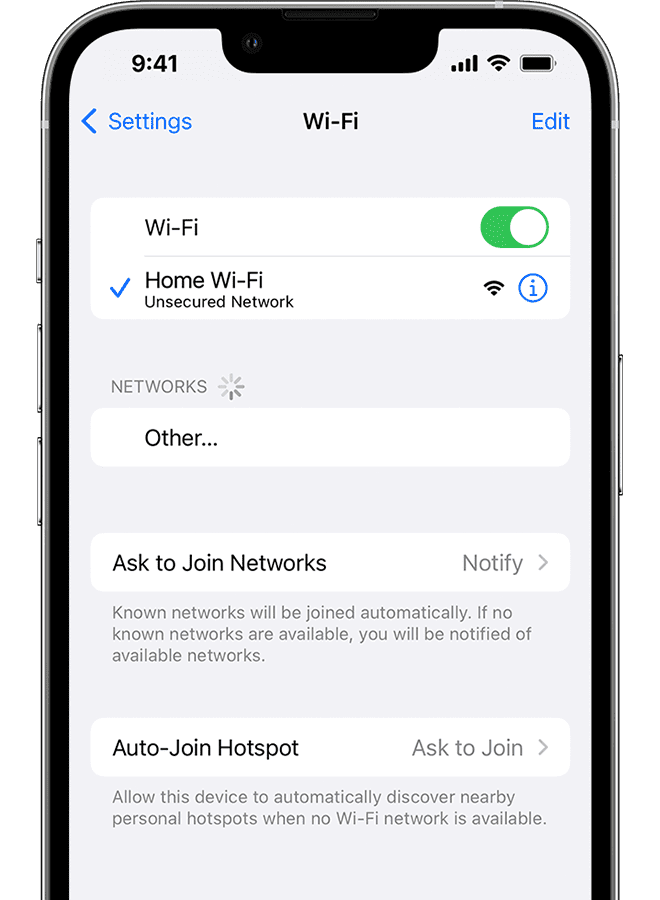
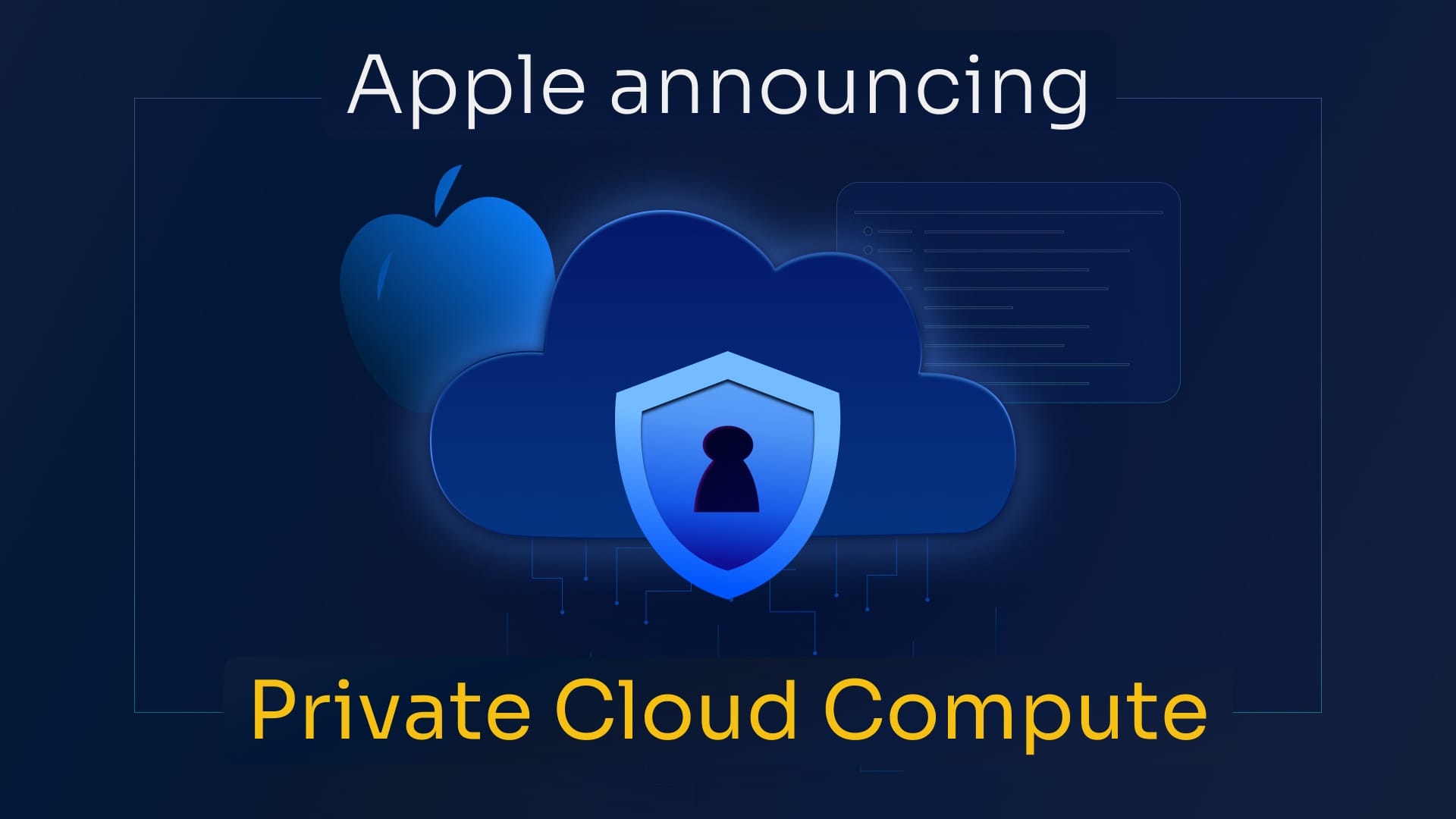










Comments ()